Increasing quality requirements
In the context of increasingly deep economic integration, especially when Vietnam joins the Free Trade Agreement (FTA), agricultural products face many great export opportunities.
However, this comes with significant challenges, especially overcoming increasingly stringent quality control barriers from international markets.
.jpg)
Mr. Nguyen Van Muoi, Deputy General Secretary of the Vietnam Fruit and Vegetable Association shared: “International markets, especially developed countries such as the EU, the US, Japan, Korea... always have strict requirements on pesticide residues, traceability, food hygiene and safety standards and sustainable farming processes. This is an issue that businesses, cooperatives and farmers need to pay attention to in order to avoid losses.”
In 2024, Vietnam had dozens of agricultural shipments warned or refused to be imported due to not meeting quality standards. Many of these cases involved pesticides exceeding the permitted threshold.
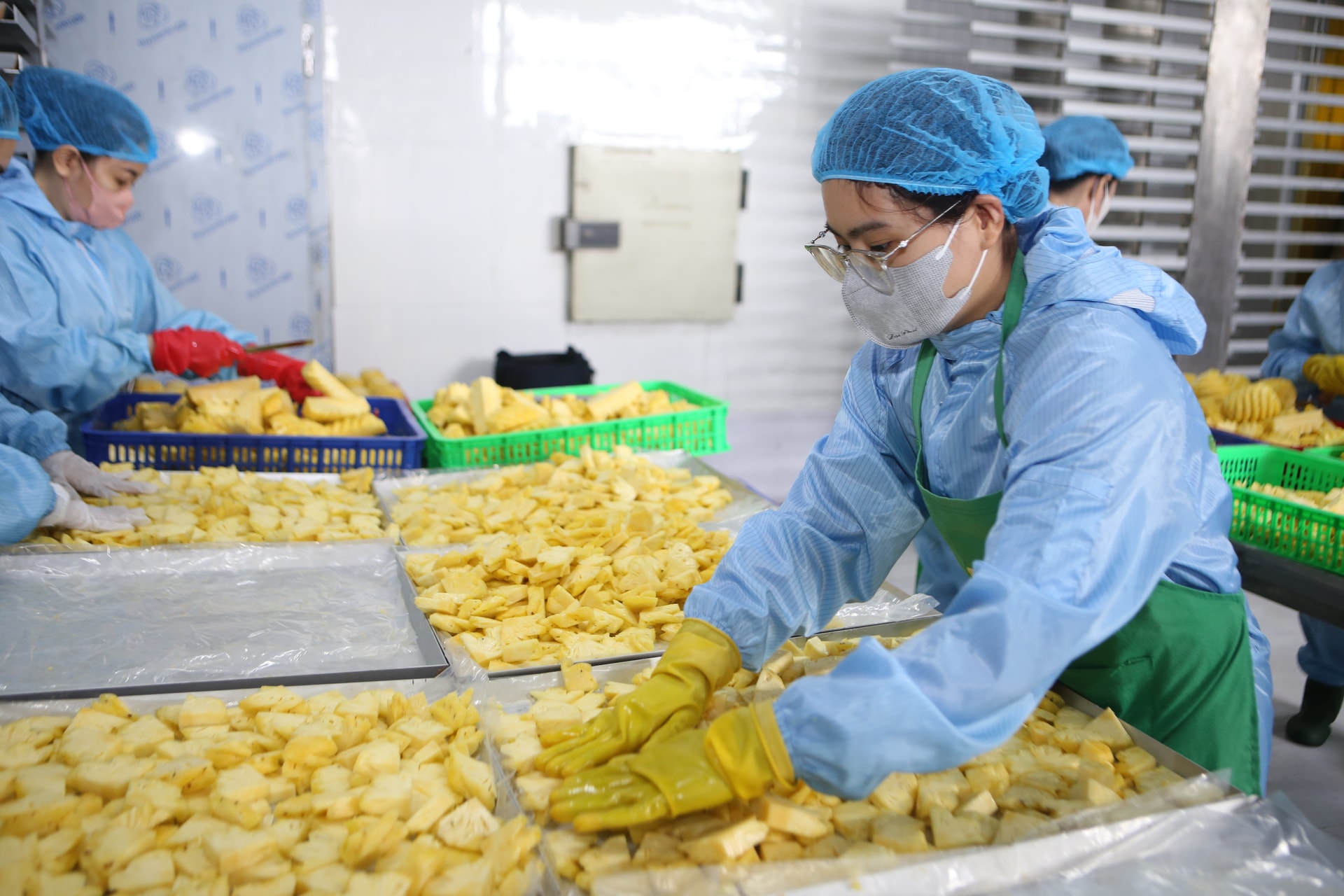
According to the Vietnam Pepper and Spice Association, in 2024, Vietnam recorded the highest number of warnings from Europe, with 21 cases, a 7-fold increase compared to 2023.
Several shipments of Vietnamese black pepper imported into Taiwan (China) have been warned due to the detection of red sudan exceeding the maximum allowable residue limit.
Dak Nong has a total agricultural land area of over 378,000 hectares, accounting for 58% of the natural area. The area for annual crops in the whole province is over 86,000 hectares, and perennial crops are about 235,000 hectares.
.jpg)
Dak Nong is known as the capital of many agricultural products such as coffee, pepper, macadamia, vegetables and fruits... These are all great advantages but come with challenges in terms of product quality control requirements.
Mr. Ho Gam, Chairman of Dak Nong Farmers' Association, confided that most farmers still produce on a small, fragmented basis, with little access to market information. The use of fertilizers and pesticides is still arbitrary and uncontrolled.
The traceability system is not yet complete, and post-harvest preservation technology is still backward. This is the reason why many agricultural products do not meet the requirements to pass the quality inspection round.
.jpg)
Experts also pointed out that some businesses are still chasing short-term profits, buying raw materials of unknown origin and substandard materials and mixing them for export, affecting the overall reputation of Vietnamese agricultural products in the international market.
Dak Nong has currently exported agricultural products to 35 countries and territories, including many large markets such as the US, EU, Japan, Korea, Australia... The province's main export products include coffee, pepper, cashew nuts, passion fruit, durian, rubber latex...
Innovation in production thinking
Meeting inspection standards will help Dak Nong agricultural products increase their value, expand their markets and affirm their brands. In Dak Nong, many models of clean, organic agricultural production, following VietGAP, GlobalGAP, Organic standards... have initially proven their effectiveness.
Ms. Tran Thi Thu, Director of Hoang Nguyen Cooperative, Dak Song district, said that as an organic pepper producer, the cooperative used to be worried about strict inspection requirements from Europe and other countries around the world.
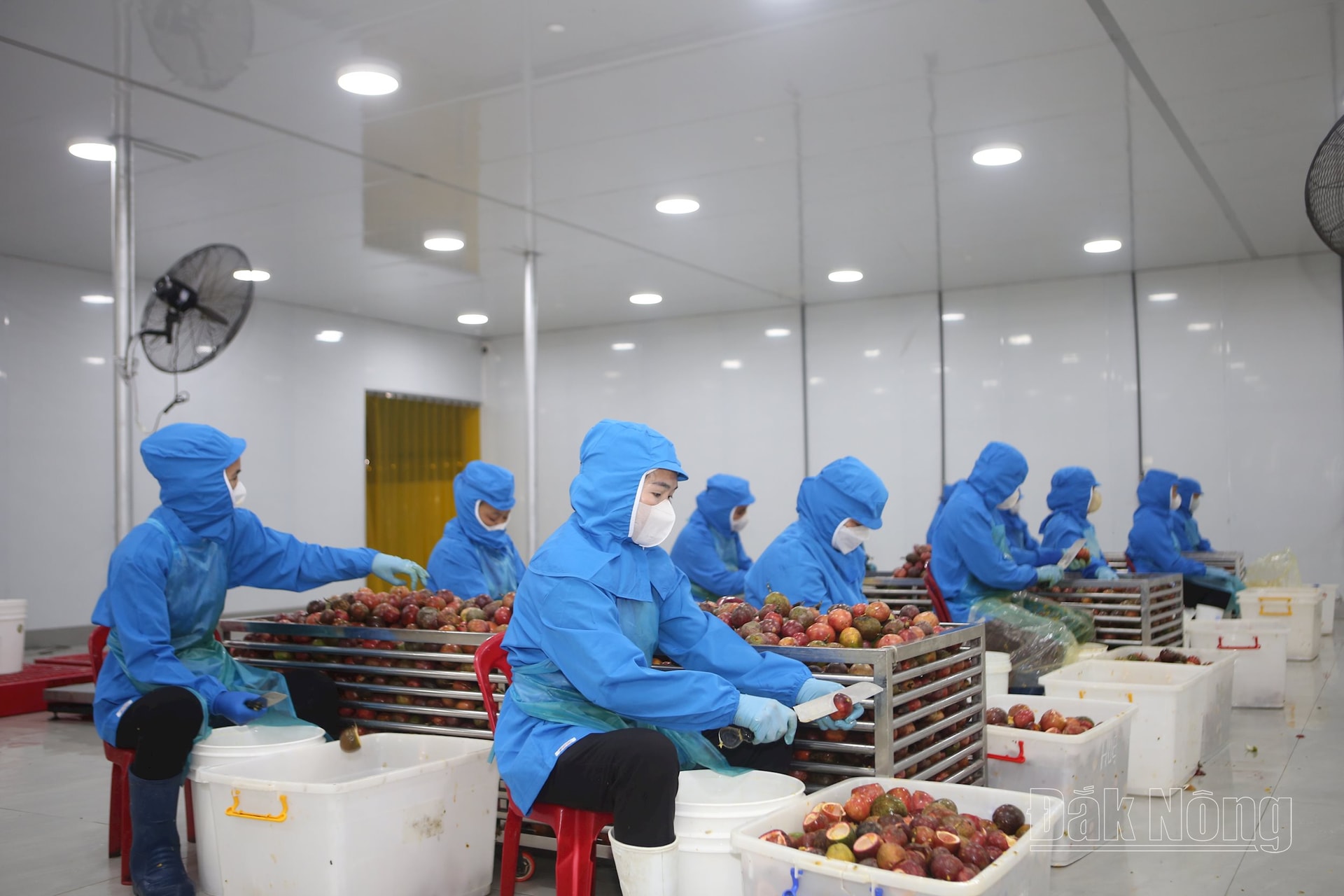
However, when the cooperative invests in the product right from the beginning, such as using organic fertilizers, closed processes and clear certification, technical barriers are no longer a problem.
On the contrary, the selling price of the product is often much higher than the market price and the output is always stable. There are times when the price of organic pepper sold by the cooperative to export partners is twice as high as the price of regular pepper.
Mr. Nguyen Ngoc Trung, owner of Gia Trung durian farm in Gia Nghia city, shared: “From the fact that at the beginning of this year, China returned shipments of Vietnamese durian because they contained cadmium and yellow ochre, it has given us a new awareness of production. That is, we need to change our thinking and cultivation techniques. Although the farm's durian has met VietGAP standards, I continue to research techniques to avoid banned substances, improve product quality, and increase economic value.”
.jpg)
According to Dak Nong Farmers’ Association Chairman Ho Gam, the State has many policies to support the transition to clean and sustainable production, such as green credit incentives, support for international standard certification, technical training and support for traceability systems. Farmers need to grasp these policies, create opportunities to apply them in production, and increase product value.
Enterprises need to be honest in business, invest properly in technology, production processes and brand building to turn "technical barriers" into motivation to improve quality.
Authorities need to tighten inspection from the root and make product information transparent to help the agricultural industry "go the long way" safely.
.jpg)
"Changing farming habits and requiring inspection of products from the source not only protects the health of consumers and export markets, but also protects the producers themselves," Mr. Gam emphasized.
In 2024, Vietnam's agricultural sector exported a record amount of 62.5 billion USD, an increase of 9.5 billion USD compared to the previous year. However, about 80% of Vietnam's exported agricultural products have no brand.
Source: https://baodaknong.vn/chat-luong-ho-chieu-cua-nong-san-dak-nong-251485.html






![[Photo] Prime Minister Pham Minh Chinh chairs conference on anti-smuggling, trade fraud, and counterfeit goods](https://vphoto.vietnam.vn/thumb/1200x675/vietnam/resource/IMAGE/2025/5/14/6cd67667e99e4248b7d4f587fd21e37c)

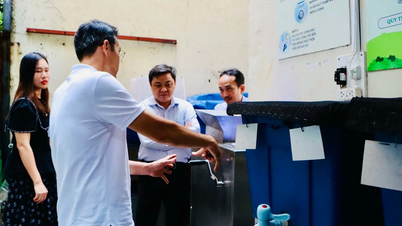
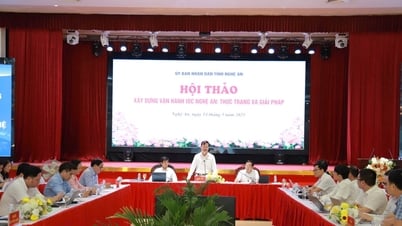
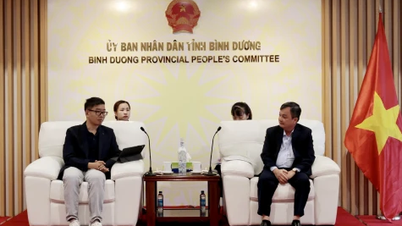
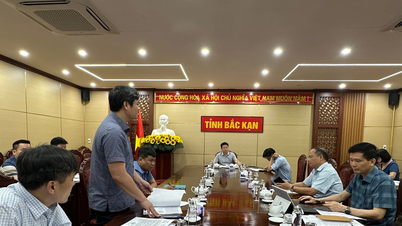
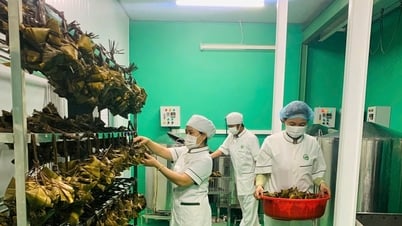
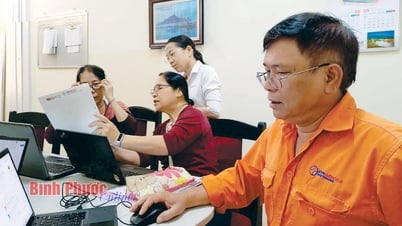








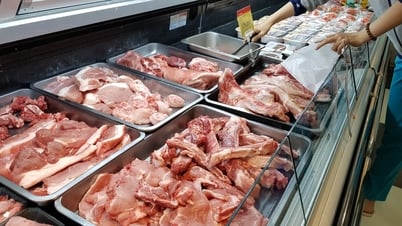
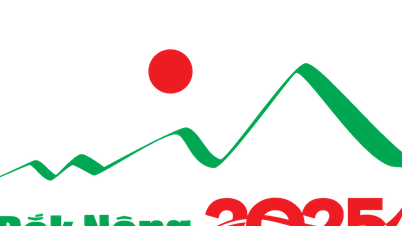











































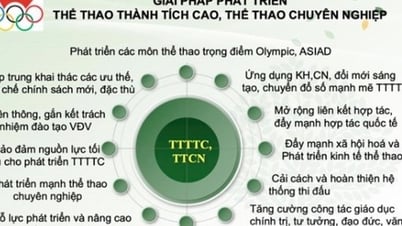


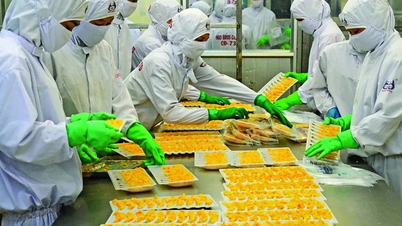
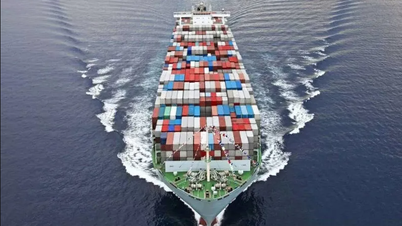
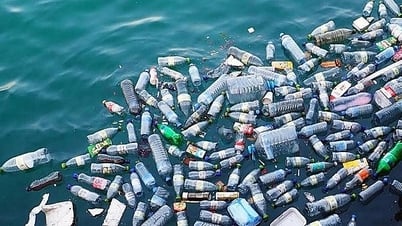







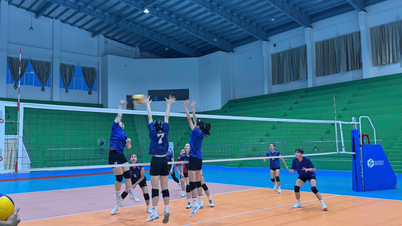








Comment (0)